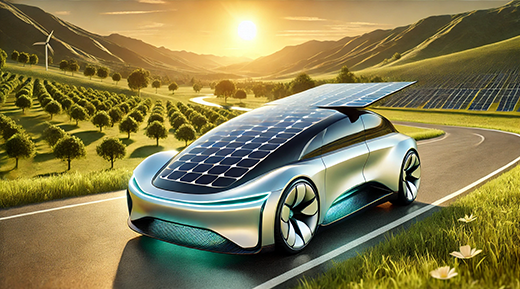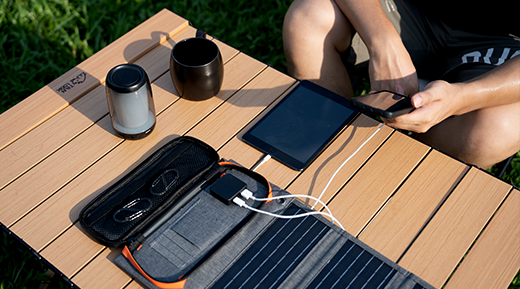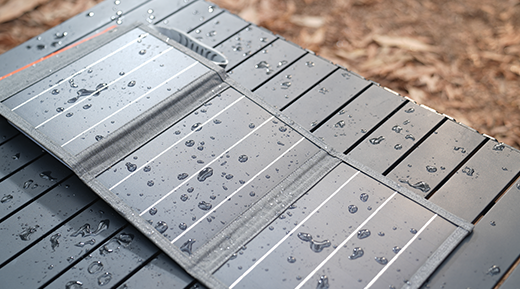
Solar Panels for Electric Cars: Brilliant Idea or Just a Joke?
As the world increasingly shifts towards sustainable energy, electric vehicles (EVs) have gained significant traction. One intriguing proposition has been the integration of solar panels onto electric cars. At first glance, this seems like a perfect marriage of technologies. Solar panels could potentially charge the vehicle while it’s parked or even while driving, providing a virtually endless range. However, when we dive into the practicalities of current solar panel technology, the feasibility of this idea starts to wane. Here’s why, from a cost-benefit perspective, solar panels on electric cars might still be more of a dream than a reality.
Insufficient Energy Production
Current solar panel technology, while impressive, has limitations. The amount of energy that solar panels can generate is dependent on their size, efficiency, and the amount of sunlight they receive. Most commercially available solar panels have an efficiency of around 15-20%. This means that under optimal conditions, only 15-20% of the sunlight hitting the panels is converted into usable electricity.
A typical car roof has an area of about 2-3 square meters. Even under ideal conditions, a solar panel of this size would only produce approximately 300-450 watts per hour. To put this into perspective, fully charging a Tesla Model S with a 100 kWh battery using these solar panels would take over 220 hours of perfect sunlight. This is hardly practical for daily use.
Cost vs. Benefit Analysis
The installation of solar panels on a car involves significant costs. High-quality solar panels, capable of withstanding the rigors of weather and driving conditions, are not cheap. The installation process is also complex, requiring specialized labor and potentially altering the vehicle's design to ensure aerodynamic efficiency is maintained.
In return, the benefits are minimal. Given the low energy yield, the reduction in reliance on external charging stations is negligible. The energy produced would only provide a few extra miles of range per day. In many regions, especially those with less sunlight, the output would be even lower, further diminishing the practicality of this solution.
Alternative Solutions
Rather than integrating solar panels directly onto electric cars, investing in larger solar farms and enhancing the infrastructure for renewable energy could offer better returns. Solar farms benefit from economies of scale and can produce energy more efficiently. This energy can then be used to charge electric vehicles through the grid, offering a more reliable and effective way to utilize solar power.
Additionally, advancements in battery technology and the expansion of charging networks provide more immediate and impactful solutions to the range anxiety associated with electric vehicles.
Conclusion
The concept of fitting electric cars with solar panels, while innovative and appealing, faces significant hurdles with current technology. The cost far outweighs the benefits, given the limited energy production capacity of available solar panels. Until there are significant advancements in solar efficiency and cost reduction, the idea remains more of a futuristic vision than a viable solution. For now, focusing on broader applications of solar technology and improving EV infrastructure is a more practical path forward.


